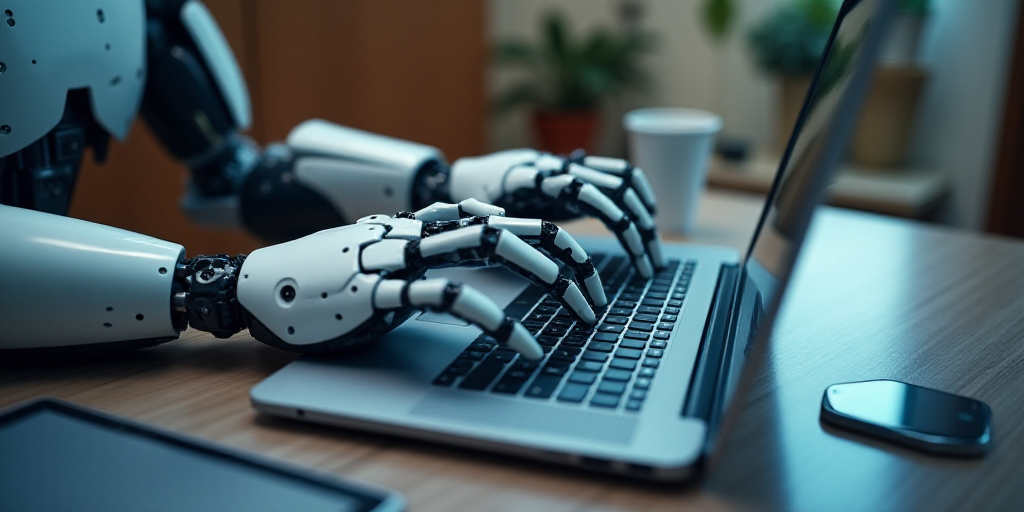Global Perspective on AI’s Employment Effects
According to PwC’s Barómetro de la IA en el mundo laboral 2025, artificial intelligence (AI) has not caused a job crisis or reduced workers’ incomes. Instead, it is transforming the required skills and rules for success in the labor market.
Mexico’s Positive Outlook
In Mexico, the outlook is exceptionally positive. The study indicates that job categories most exposed to AI have seen an 88% increase in job offerings since the AI generative boom began in 2021.
Global Trends
Globally, the trend is similar but more moderate. Jobs most exposed to AI technology have reported a 38% increase in job openings, confirming that even the most susceptible positions to automation are not disappearing.
Moreover, the income of workers in AI-impacted positions has grown by 25%, three times more than those with low AI exposure, which saw a 9% increase.
AI’s Positive Impact on Productivity and Income
PwC highlights that AI can lead to measurable benefits, such as higher income per employee. To remain competitive, companies must adopt an integral AI strategy to transform value creation and enable new income sources.
The findings also show a positive correlation between AI and productivity. Over five years, sectors with higher AI exposure have quadrupled their performance, while industries with less AI impact have experienced productivity declines.
Shifting Demand for Skills
The rapid advancement of AI is reshaping the labor landscape and required worker competencies in Mexico. Although companies can offer competitive salaries to attract AI-skilled talent, these skills may quickly become obsolete without continuous learning systems and investment in new AI-related capabilities.
The demand for new skills is changing rapidly, with a 66% faster shift in AI-exposed occupations compared to the 25% reported last year.
What it takes to succeed in AI-exposed jobs is also evolving. The demand for higher education degrees from employers is decreasing across all jobs, but particularly rapidly in AI-exposed roles.






